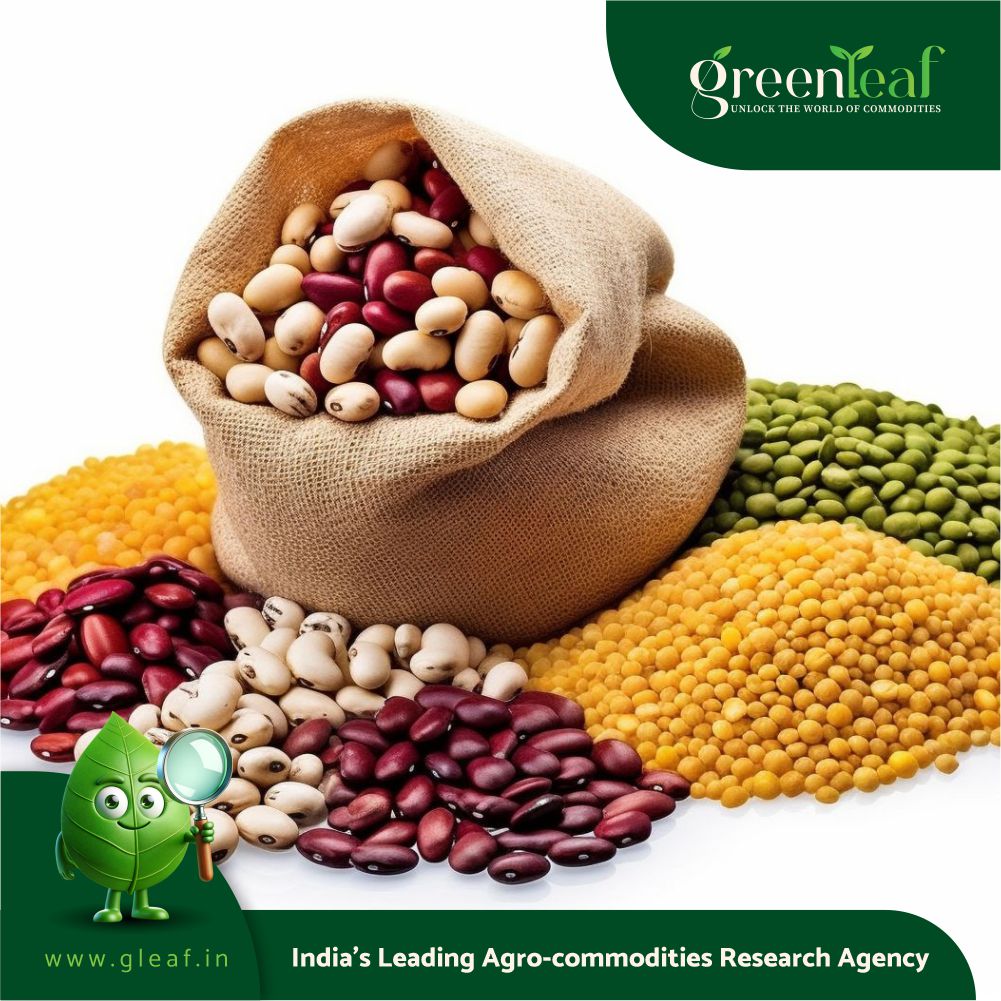Inflation in pulses rose 9.8% in September from 113% in August, as prices have softened due to prospects of robust kharif harvest and imports.
To curb rise in prices of pulses, the department of consumer affairs on Wednesday announced the expansion of its subsidised pulses programme, introducing chana whole and masur dal under the ‘Bharat’ brand.
The initiative, launched by food and consumer affairs minister Pralhad Joshi, aims to provide these pulses varieties – chana, moong and masur at discounted rates through cooperative retail networks and e-commerce platforms to consumers
“We are offloading from our buffer to maintain price stability in pulses,” Joshi said after the launch of phase – II of Bharat dal initiative. The government has allocated 0.3 million tonne (MT) of chana and 68,000 tonnes of moong for distribution through retail interventions.
The ‘chana whole’ will now be sold at Rs 58/kg, chana split Rs 70/kg and masur dal at Rs 89/kg, available through cooperatives such as the National Cooperative Consumers’ Federation (NCCF), National Agricultural Cooperative Marketing Federation (NAFED), and Kendriya Bhandar and other channels. These prices are atleast 20% to 25% less than market prices.
The move comes as part of phase II of the government’s plan to stabilise food prices by releasing buffer stock from the Price Stabilisation Fund. The reintroduction of Bharat Dal sales is also expected to boost supplies for consumers during the current festive season.
Joshi said that to boost pulses production agencies such as Nafed and NCCF have had distributed quality seed in the last kharif season to farmers and buyback of pulses like tur, urad and moong is assured at minimum support price (MSP)
“Enhanced area coverage of kharif pulses this year, together with continuous inflow of imports have led to declining trend in the prices of most pulses since July, 2024. The retail prices of tur dal, urad dal, moong dal and masur dal have either declined or remained stable during the past three months,” according to an official statement.
Inflation in pulses rose 9.8% in September from 113% in August, as prices have softened due to prospects of robust kharif harvest and imports.
Retail inflation in pulses have been in double digits since June, 2023 because of lower output of key varieties of pulses like chana, tur and urad.
In October last year, the sale of essential commodities like wheat, rice, and lentils under the Bharat brand was initiated by the government and it continued till June. In addition, the government is currently implementing price interventions for onions at Rs 35/kg and tomatoes at Rs 65/kg, distributing directly to consumers through cooperatives and other agencies.
















